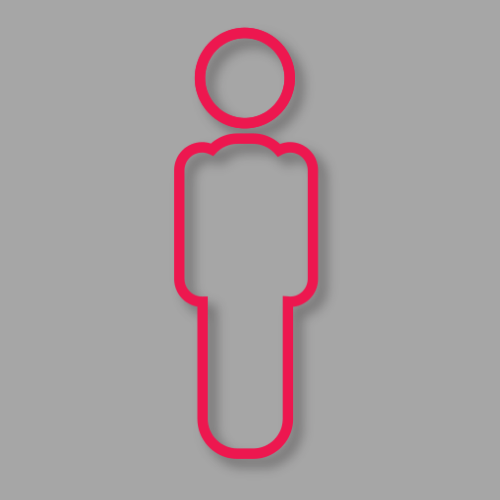If your application has been impressive enough to get you an interview, the job you’re hoping for could be yours — provided you perform well during the interview.
Even the most experienced professionals can let their nerves get the better of them and cross a professional boundary that jeopardises their chances of being offered the role.
What are professional boundaries?
Professional boundaries are what help us to maintain the right balance between personal and professional needs and obligations. They are a code of conduct that outlines what is appropriate behaviour (and what isn’t) within a workplace.
Here are the professional boundaries you should not cross during any interview and what you should do instead:
How to maintain professional boundaries in a job interview
DON’T
Don’t hug your interviewer! They’re not your BFF or a family member so don’t make things awkward by crossing this professional boundary. It will likely deliver the wrong message and make you seem unprofessional.
DO
Offer your hand for a handshake when first meeting and at the end of the interview. It doesn’t matter if you are a man or woman, young or old. It’s the professional thing to do.
DON’T
Don’t arrive late. Unless you have an extremely good excuse and have called ahead to advise your interviewer, turning up late to an interview will disqualify you from almost any job.
DO
Arrive 15 minutes before your scheduled interview time. This gives you time to review your CV or to simply relax and organise your thoughts. This kind of punctuality reflects your organisational skills, professionalism and respect - and it can also help you remain calm and start your interview in a positive manner.
DON’T
Don’t speak negatively about your current or former employer. No matter how bad of an experience you’ve had in a current or former role, badmouthing will never reflect well on you. Why? Because the interviewer may wonder if you have trouble getting along with people, assume you will do this to them if you leave, and above all question your professionalism and judgement.
Trust me, this is a big red flag to anyone interviewing a candidate so do not speak badly of a previous boss, colleague or employer - even if the interviewer seems sympathetic.
DO
Talk about your former work experiences with optimism. You should always be positive, or at least present a difficult situation through rose-coloured glasses, anytime previous positions and former bosses come up during an interview. Rather than focusing on conflicts or issues, talk about your accomplishments and what you learned in the role.
DON’T
Don’t overshare personal information. The goal of any interviewer is to learn more about you in a professional context. When you overshare, you begin to talk too much about topics that aren’t relevant to your ability to do the job, making you seem disorganised or unfiltered, and you risk losing the interest of the interviewer.
It can also communicate a lack of respect, as interviewees who monopolise the conversation can be viewed as showing a disregard for the interviewer’s agenda and disrespect for their time.
DO
Sell yourself. The common interview question “So, tell me about yourself” is used by recruiters and interviewers as an ice breaker and to get candidates to open up about themselves.
You should provide a concise snapshot of your career history, focusing on the most relevant or recent roles, the key skills that you have developed that are relevant to this role, as well as some standout achievements that are a testament to the great work that you’ve done.
If you’d like to, you can share a small amount of detail about your interests and hobbies outside of work to build rapport but think carefully about what you want to share to ensure it presents you in a positive light.


